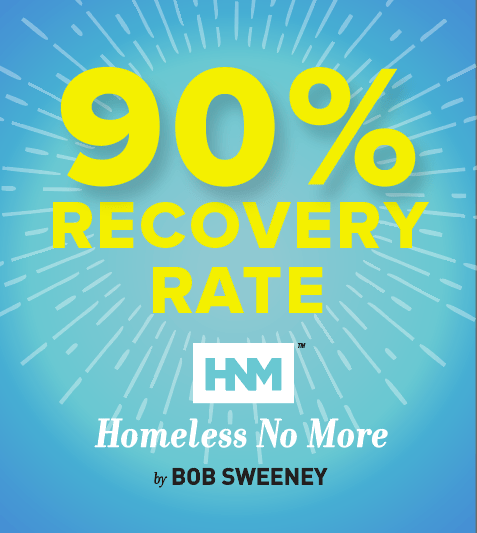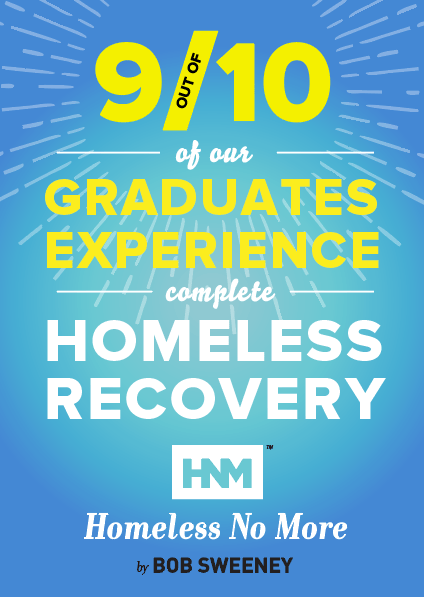Homelessness is a pressing issue affecting communities across the nation, with individuals and families struggling to secure stable housing. As we delve into this topic, it’s crucial to recognize the significance of lending a helping hand to those experiencing homelessness in our area. By offering support and assistance, we can make a meaningful difference in the lives of our neighbors in need.
How Can I Help the Homeless in My Area with Housing
Stable housing definitely plays a role in addressing homelessness, providing individuals with a foundation for stability and well-being. Without access to secure housing, homeless individuals face significant barriers to accessing employment, healthcare, and education, perpetuating the cycle of homelessness. Studies have consistently shown that stable housing is essential for improving outcomes for homeless individuals, including mental and physical health, employment opportunities, and overall quality of life (National Alliance to End Homelessness). There is still a place for homeless shelters that only provide shelter and meals – and not a homeless recovery program – as not everyone who is homeless wants or thinks they want to recover right now.
To support local shelters who provide housing, individuals can engage in various ways. Volunteering with organizations that provide housing assistance, such as Habitat for Humanity or local homeless shelters, allows individuals to contribute directly to building or renovating homes for those in need. Additionally, supporting policy advocacy efforts aimed at increasing access to affordable housing and addressing systemic issues contributing to homelessness can make a significant impact. 1 For helping with a long-term solution to homelessness, find a shelter who is engaging to address the five triggers of homelessness (drugs, alcohol, relationship issues, mental health issues and financial issues) at their root. Safe shelter is key to recovery – but lasting recovery only comes from solving the root problems that led to homelessness.
For helping with a long-term solution to homelessness, find a shelter who is dedicated to address the five triggers of homelessness (drugs, alcohol, relationship issues, mental health issues and financial issues) at their root.
Immediate Housing Assistance for Homeless
In emergencies, providing immediate housing assistance can be a lifesaving intervention for homeless individuals. The urgency of this matter cannot be overstated, as individuals experiencing homelessness are particularly vulnerable to various risks and hardships without secure housing.
Temporary shelters offer a crucial refuge for homeless individuals, providing immediate shelter, safety, and basic amenities. These shelters serve as a vital lifeline during crises, offering individuals a temporary respite while they work towards more permanent housing solutions. 6
Rapid rehousing programs are another essential component of immediate housing assistance. These programs aim to quickly transition individuals from homelessness to stable housing, providing financial assistance, case management, and supportive services to facilitate the process. By prioritizing rapid rehousing efforts, communities can effectively address homelessness and prevent individuals from falling into long-term homelessness. 7 If rapid rehousing does not include wrap-around services, the recovery from homelessness will be short lived.
You Can Make a Difference
Discover how you can make a difference in addressing homelessness by learning more about Homeless No More’s housing programs. Take the first step towards helping homeless individuals in your area by exploring opportunities to contribute to stable housing solutions and support those in need of shelter.

How Can I Help the Homeless in My Area: Volunteer
Volunteering is a powerful way to make a positive impact on the lives of homeless individuals in your community. By dedicating your time and skills to assisting those in need, you can provide valuable support and resources that contribute to their well-being and empowerment.
There are various volunteer opportunities available for individuals looking to get involved in helping the homeless. Consider volunteering at local shelters, where you can assist with meal preparation, distribution of essential items such as clothing and hygiene products, or even provide companionship/mentorship and support to residents. Additionally, food banks often rely on volunteers to sort and distribute food to those in need, offering an opportunity to directly impact individuals experiencing homelessness. 2, 3
Other volunteer opportunities may include participating in outreach programs that connect with homeless individuals in outdoor settings, offering assistance and resources to those who may not access traditional shelter services. By engaging in these activities, volunteers can build relationships with homeless individuals, understand their unique needs, and provide meaningful support tailored to their circumstances.

Join Us In Our Mission
Take action today by exploring volunteer opportunities with Homeless No More. Join us in our mission to make a difference in the lives of homeless individuals and families in our community. Together, we can create positive, lasting change and offer assistance to those who want it.
How Can I Help the Homeless in My Area Near Me
Understanding local resources and services for the homeless is crucial for effectively assisting individuals in need within your community. By familiarizing yourself with available support networks, you can better connect homeless individuals with the assistance they require to improve their circumstances.
Local organizations and government agencies often play key roles in providing essential services to the homeless population. Nonprofit organizations may offer shelters, food assistance programs, and supportive services such as case management and counseling. 4 Government agencies may provide housing assistance, healthcare services, and employment support. 5
To make a difference in your area, consider reaching out to these organizations and agencies to learn more about their programs and services. Explore opportunities to volunteer, donate resources, or collaborate on initiatives aimed at addressing homelessness in your community. By working together with local stakeholders, you can amplify your impact and contribute to meaningful change for homeless individuals in your area.
By working together with local stakeholders, you can amplify your impact and contribute to meaningful change for homeless individuals in your area.
Questions About Helping the Homeless
How Can I Help Homeless People in My Neighborhood?
Supporting homeless individuals in your neighborhood can be achieved through various means. Volunteering at local shelters, donating to organizations providing essential services, and advocating for policies that address homelessness are effective ways to make a difference. 8
How Can I Really Help a Homeless Person?
Beyond providing immediate assistance such as food or clothing, offering empathy, respect, and dignity can profoundly impact a homeless person. Engage in conversations, listen to their stories, and connect them with available resources and support networks. Crucial to Homeless No More’s recovery program is education and mentorship. Whatever has helped you remain in a home and kept you from being homeless yourself, consider sharing that with those on the streets by volunteering as a mentor or teacher on a regular basis. This requires commitment and vulnerability.
Which Charity Helps the Homeless the Most?
Several charities are dedicated to helping the homeless, each with its own strengths and impact. Organizations like the National Alliance to End Homelessness, Salvation Army, and Habitat for Humanity are recognized for their significant contributions in addressing homelessness. 9
Does Texas Have a Homeless Program?
Yes, Texas has several homeless programs and initiatives aimed at providing assistance to individuals experiencing homelessness. Organizations such as the Texas Homeless Network and the Texas Department of Housing and Community Affairs oversee various programs and services dedicated to addressing homelessness in the state. 10, 11 However, Homeless No More — with its 90% recovery success rate — is gaining notoriety for its successful 10-month program. As shelters see that band-aids are necessary and temporarily help the homeless, our hope is that Homeless No More can expand its reach to make lasting recovery state-wide. By addressing the root causes of homelessness and addressing the physical, mental, emotional and spiritual needs of the homeless, lasting recovery is possible, and we need volunteers to make it a reality.
Conclusion
In conclusion, addressing homelessness in our communities requires collective action and compassion. Throughout this post, we’ve explored practical ways individuals can help the homeless in their area, from providing housing assistance to volunteering and supporting local initiatives.
It’s essential to recognize the importance of stable housing for homeless individuals and the significant impact it has on their overall well-being. By supporting local shelters, local housing initiatives and advocating for policies that address homelessness, we can create lasting solutions to this complex issue. 12
Additionally, volunteering our time and resources plays a crucial role in supporting homeless individuals and connecting them with essential services. By engaging with local organizations and government agencies, we can make a tangible difference in the lives of those in need. 13
Call to Action:
As we conclude, I urge you to take action and support Homeless No More‘s efforts in assisting shelters of homeless individuals and families nationwide. Visit our donation page to contribute to our mission of providing housing solutions and support services to those in need. Together, we can make a real and tangible difference in our work towards providing help to those who want a hand up. 14
Homeless No More — with its 90% recovery success rate — is gaining notoriety for its successful 10-month program
References:
- U.S. Interagency Council on Homelessness (USICH)
- VolunteerMatch. “Volunteer Opportunities.”
- Feeding America. “Find Your Local Food Bank.”
- National Coalition for the Homeless. “Local Homeless Assistance.”
- United States Department of Housing and Urban Development. “Local Homeless Programs.”
- National Alliance to End Homelessness. “Emergency Shelter.”
- United States Department of Housing and Urban Development. “Rapid Re-Housing.”
- National Alliance to End Homelessness. “Mission and History.”
- Habitat for Humanity. “Our Impact.”
- Texas Homeless Network. “About Us.”
- Texas Department of Housing and Community Affairs. “Homelessness Programs.”
- National Alliance to End Homelessness. “Mission and History.”
- The Salvation Army
- Habitat for Humanity. “Our Impact.”
0011





